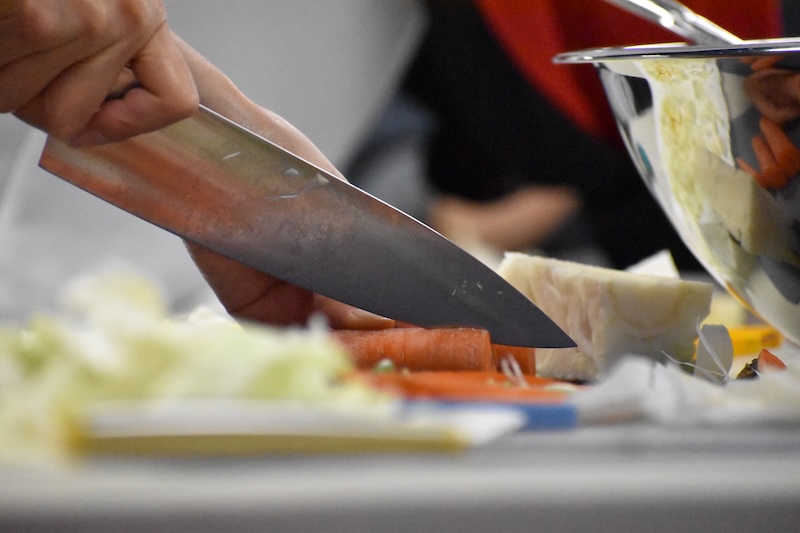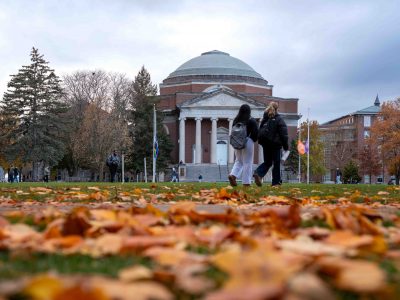Professor Michael Gill’s Fermentation Stories Project Gets a Taste of Zasar (Photo Story)
Fermentation is something Syracuse University School of Education Professor Michael Gill thinks deeply about. The process is the subject of his latest research and has inspired a recent project to explore family and cultural connections to recipes handed down through the generations and across nations.
The project—Fermenting Stories: Exploring Ancestry, Embodiment, and Place—kicked off in February 2024 thanks to an Engaged Communities Mini-Grant by the College of Arts and Sciences. The funding allowed Gill to offer five workshops in partnership with the local Brady Farm to explore how various communities that call Syracuse home use food fermentation as a culture-making practice.
Workshops have explored recipes from kimchi to yogurt and included accounts by each instructor on their family connection to the fermentation process.
For week four—offered on April 14—Valerie Khaloo led a group of eight participants through the steps of her grandmother’s zasar (achard) recipe, a popular Mauritian condiment of pickled vegetables eaten on the Indian Ocean island that her family hails from.
Khaloo says she had to test the recipe multiple times prior to leading the class because her grandmother never provided measurements for each ingredient. Crafting a recipe others could understand—one based on exactness and not her memory of how it should taste–helped her remember her grandmother, who recently passed away.
“Every time I make zasar, I see my grandmother doing it in front of me, and I feel closer to her,” says Kahloo. Her grandmother made huge batches of the dish, bringing the whole family together. Khaloo recalls fondly how her family would bond over zasar, extended family members arriving at her house with up to five empty jars to fill.
Gill says he became interested in fermentation at an early age by helping to brew beer with his father and older brother. Later, he tried—unsuccessfully, he says—to make sourdough bread and then vegan kimchi. Then, from the fall of 2018 to spring of 2019, he spent a year on research leave in South Korea, the land of all things fermented.
When Gill returned to Syracuse, he began to use the process as a metaphor for his graduate students. “We talked about the act of fermentation as a metaphor for how we think about research, as something we could slow down, or sort of let the magic or the microbes take over,” he explains, adding that he even assigned his students a fermentation project. “We want to create the right environment and make sure the bacteria is gone, that it has the right amount of salt—or whatever it might be—to allow the ferment to happen.”
Stories from each workshop held during winter/spring 2024 will be archived publicly on a website that is in development. Some accounts, explains Gill, might make their way into a book project that further explores how fermentation serves as a way to preserve one’s culture.
“Preserve” and “culture”—there’s that metaphor again!
How To Make Zasar: A Photo Essay and Recipe
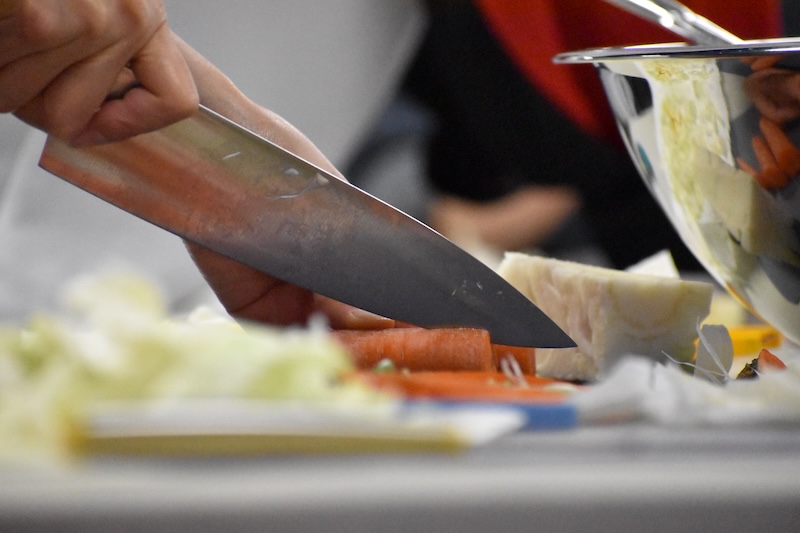
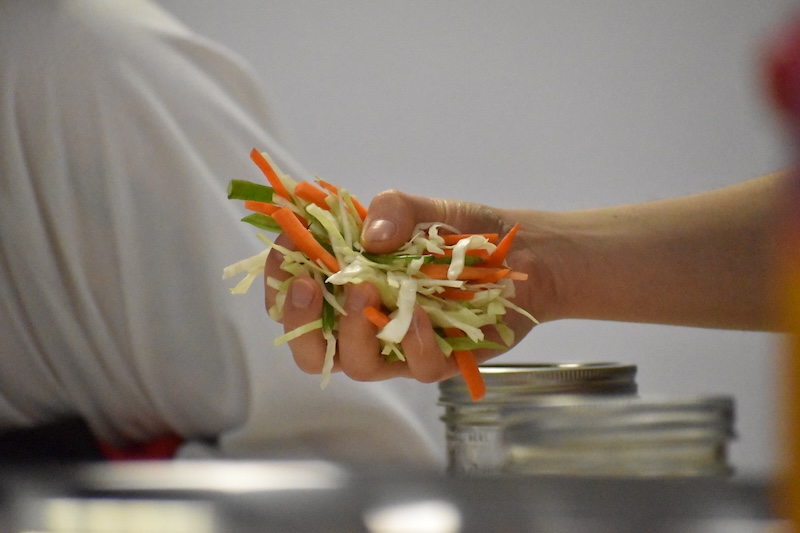
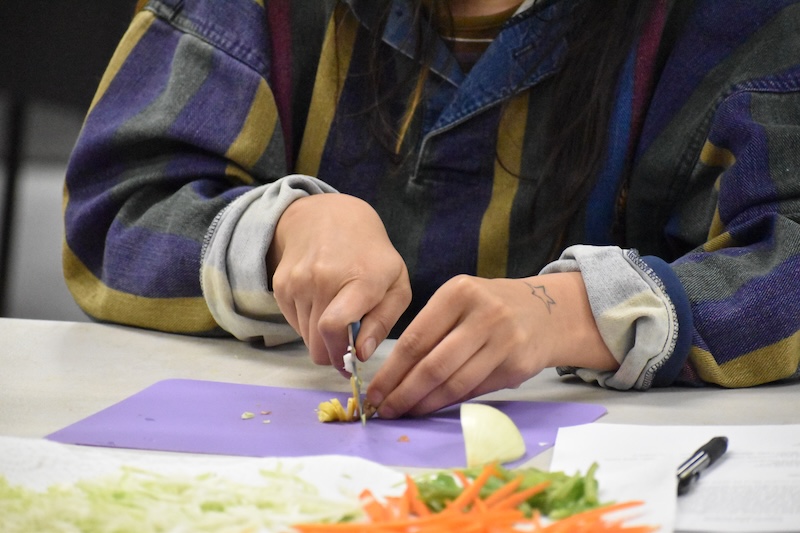
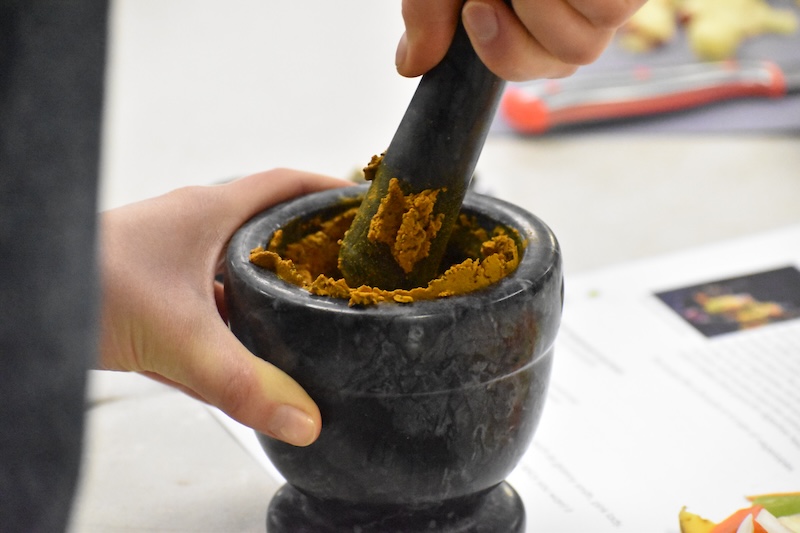
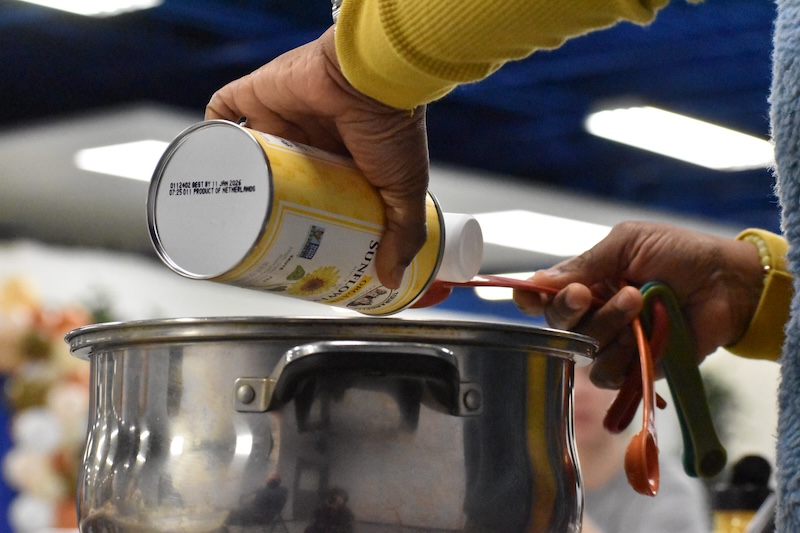
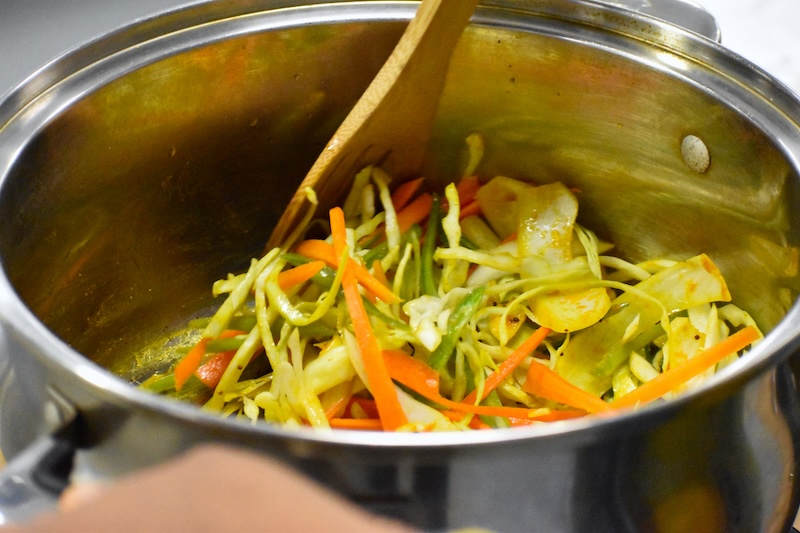
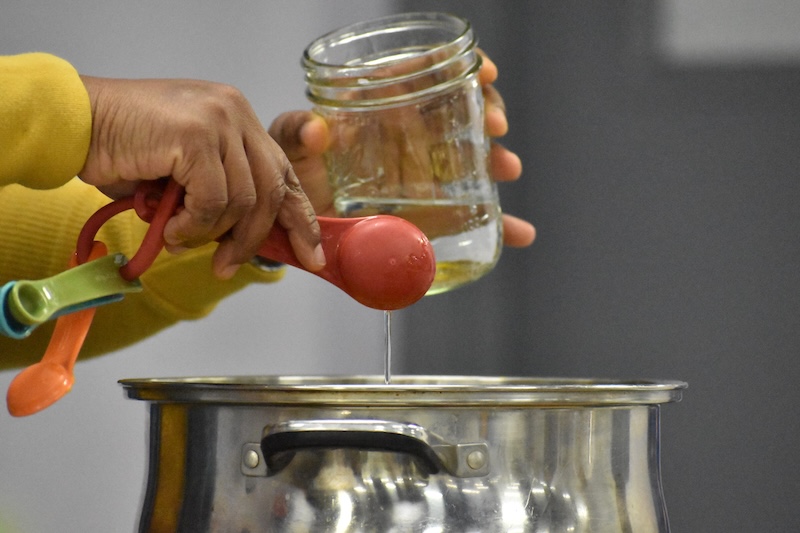
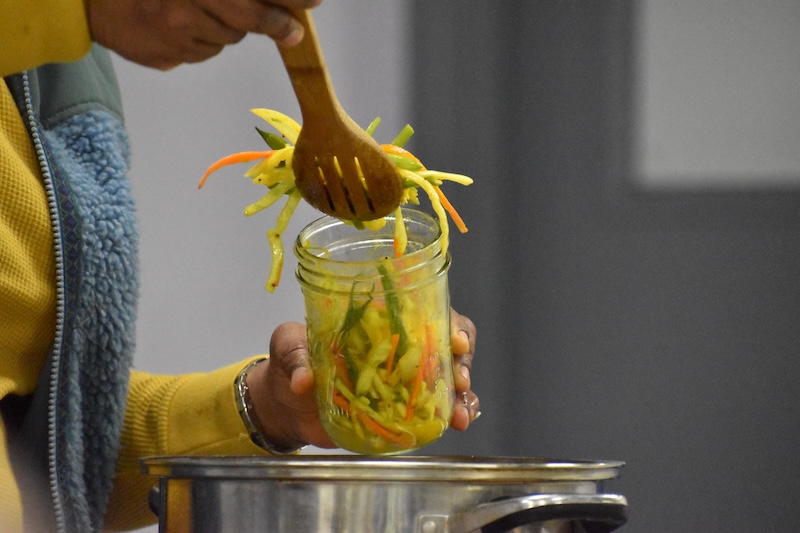
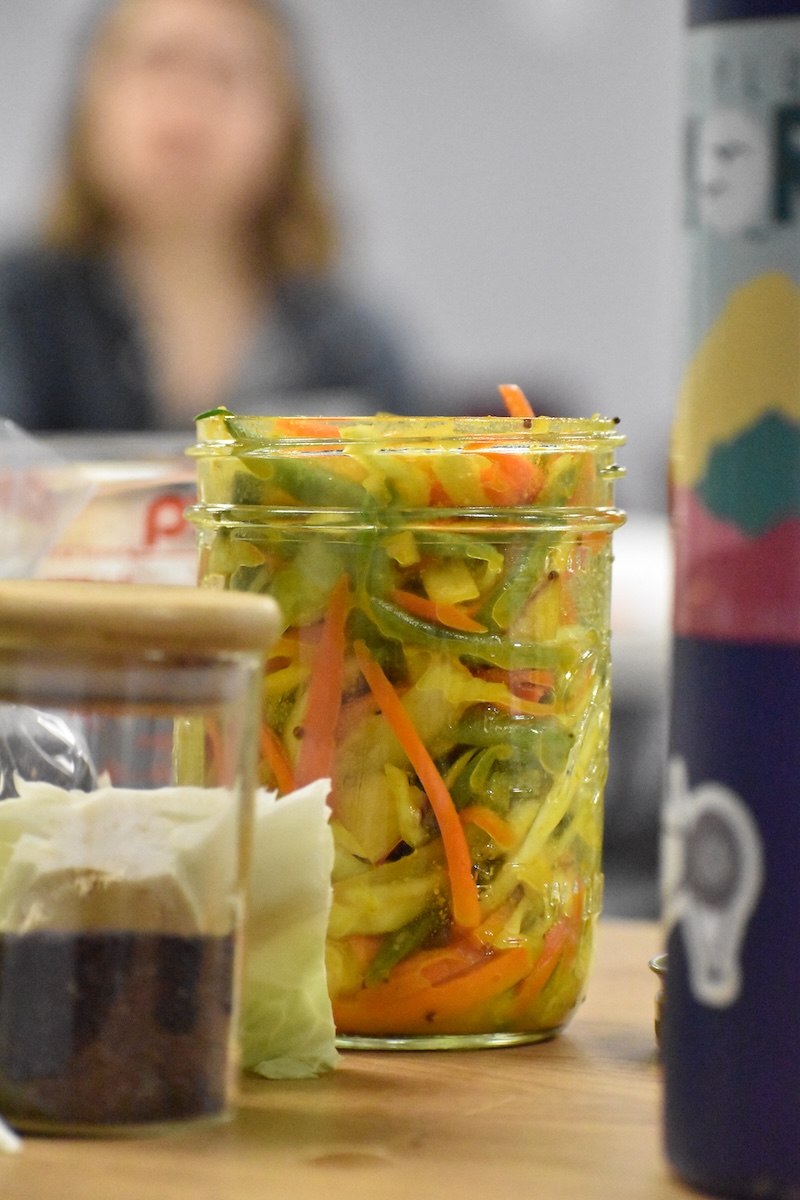
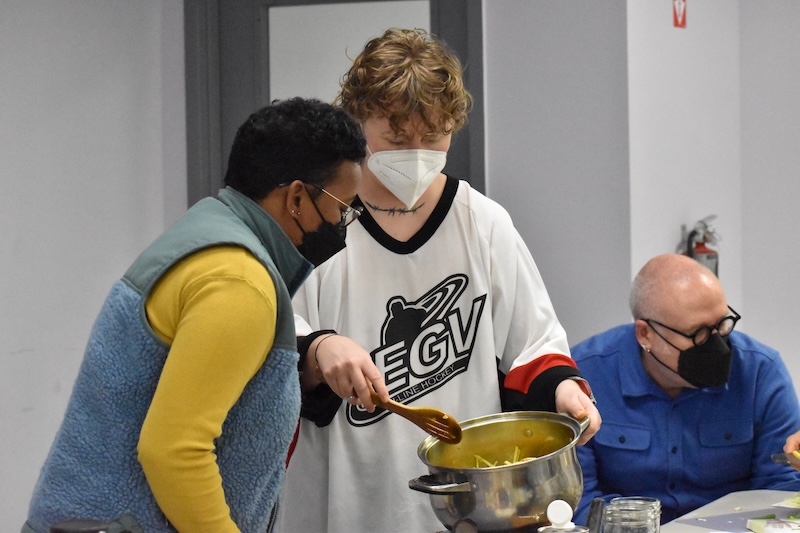
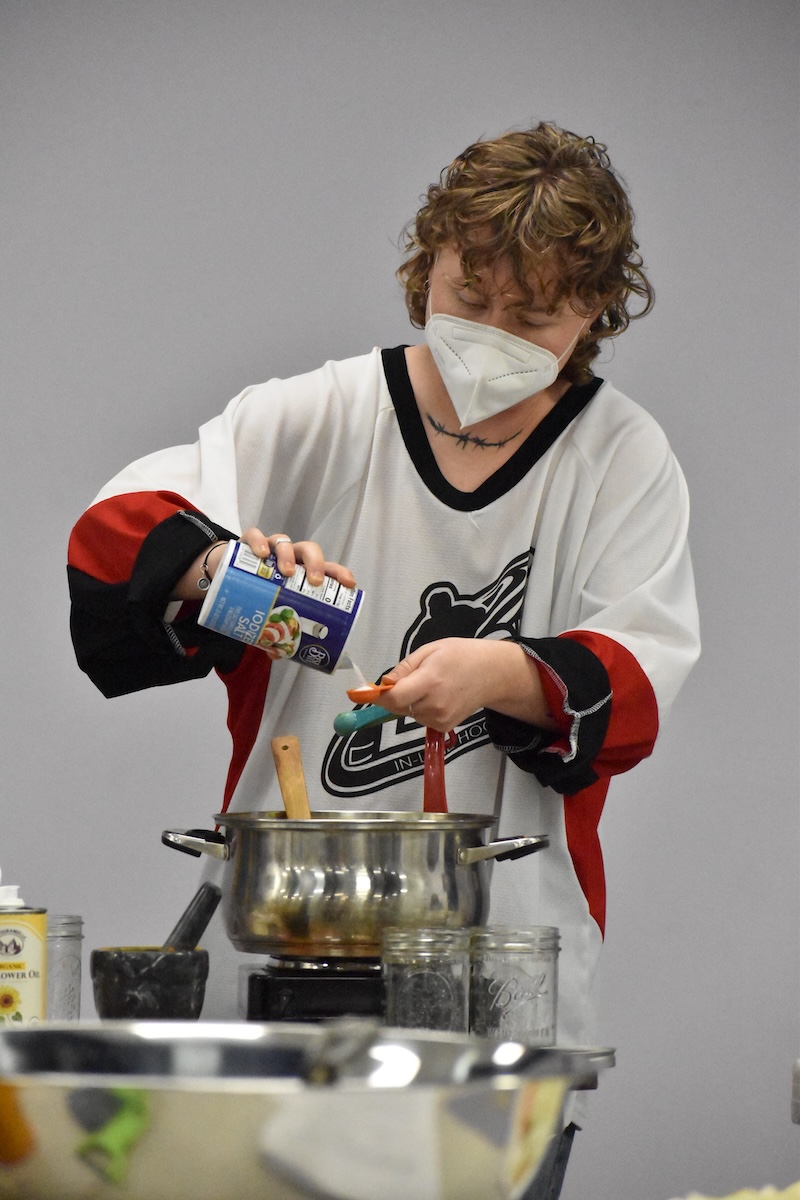
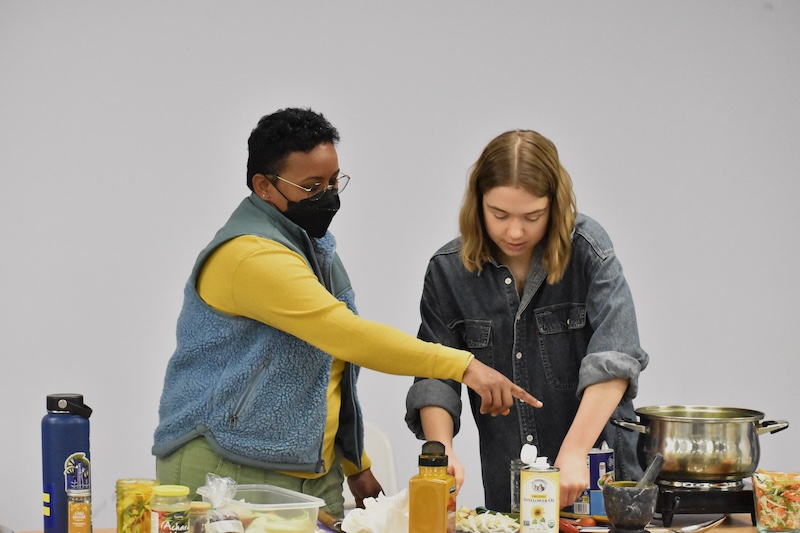
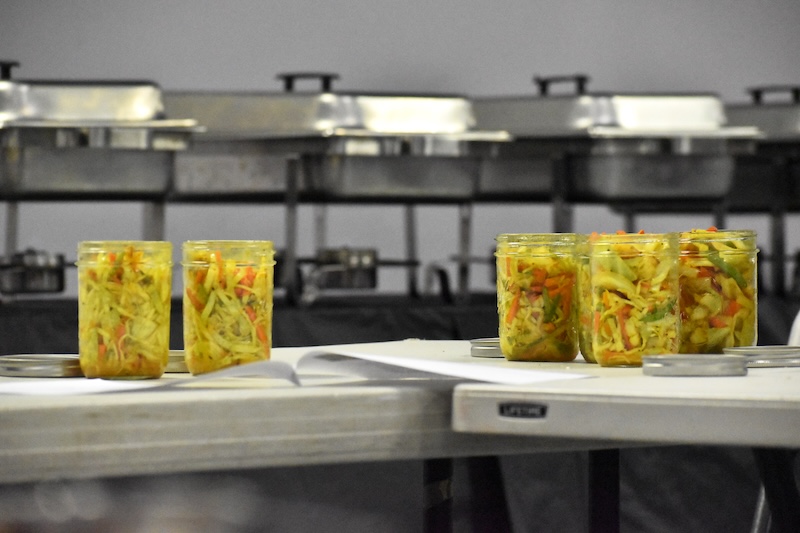
Story by Ashley Kang ’04, G’11 and photos by Angelina Grevi ’28.
